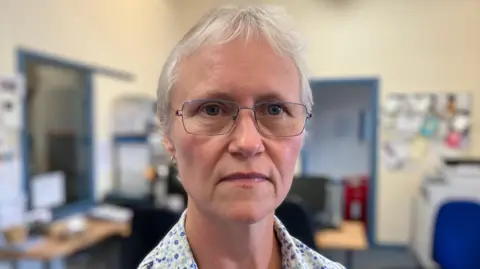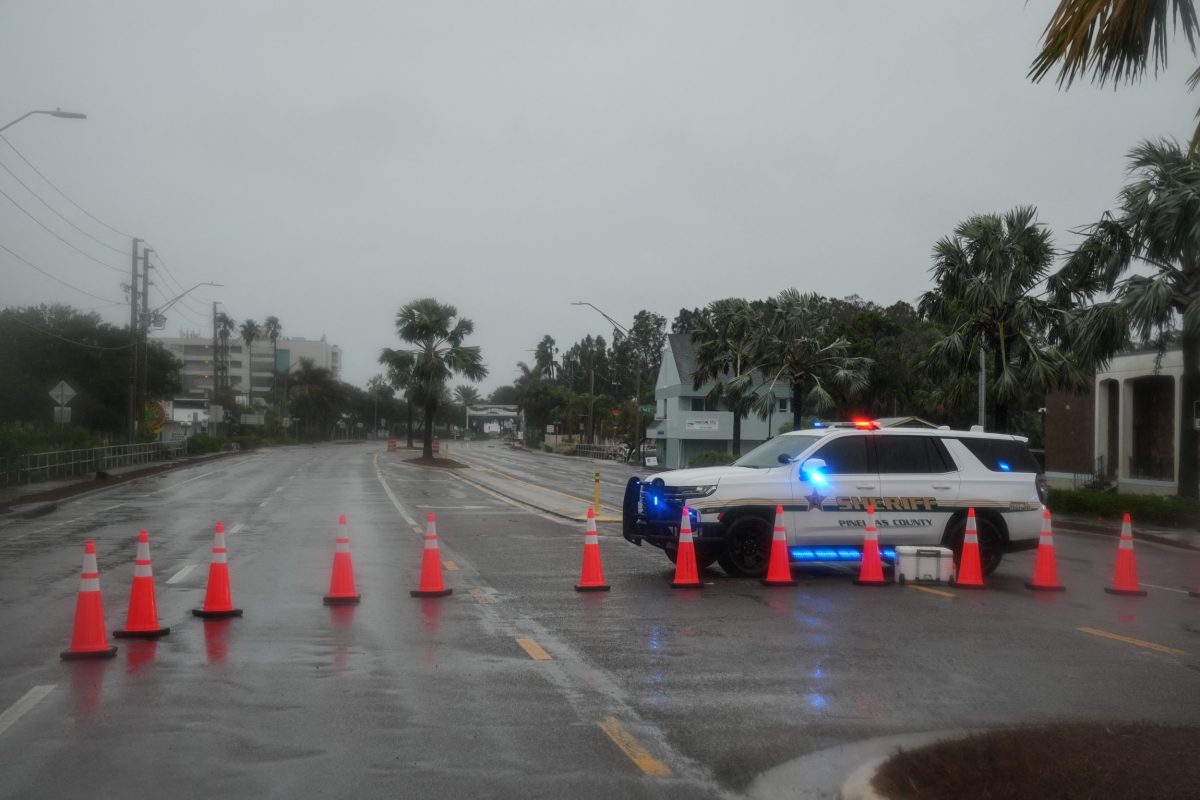My introduction to the Amazon came in 1990 when I was a research assistant, fresh out of college and living elbow-to-elbow with a team of scientists aboard a floating raft on the Amazon River. Every day brought the promise of new discoveries, and many mornings I found myself waiting impatiently for the first glimmer of dawn to peek through the canopy, fading from deep indigo to soft gold as it filtered through the leaves and revealed a slumbering world come to life. Lowland tapirs grazing on the riverbank, their long, flexible snouts half-buried in the grass. Pink river dolphins gliding through murky waters. A tableau of life in all its forms, rich and full and astonishingly fragile.
Within a year of my arrival, much of that pristine forest had vanished, felled to make way for human settlements. Back then the Brazilian government was trying to entice families to leave overcrowded urban favelas and make their homes in the forest. One governor handed out chainsaws to newly minted landowners with the gusto of Oprah handing out car keys to a studio audience. In the process, species like the dolphins and the tapirs, were driven from their habitats, their numbers rapidly dwindling.
Flash forward to present-day and we find the same tragic story unfolding around the world. According to the 2024 Living Planet Report released today by World Wildlife Fund (WWF), where I serve as chief scientist, globally monitored wildlife populations have plummeted by 73% in just 50 years, driven mostly by habitat destruction, overexploitation, and climate change. This decline has a dangerous ripple effect. Earth’s wild places cannot long survive the loss of its wildlife. And human civilization, despite its undeniable progress and technological wonders, remains bound to the health of the one planet we all call home.
The path we’re on now leads to catastrophic tipping points—thresholds where harmful changes to nature and the climate become potentially irreversible. The decisions we make in the next five years will determine if we can reverse these trends or watch them spiral out of control.
Read more: Biodiversity Is Nearing an ‘Extinction Crisis,’ Animal Researchers Say
To appreciate what’s at stake, one must understand the connection between shrinking wildlife populations, collapsing ecosystems, and human well-being. Consider the tapir that used to greet me along the banks of the Amazon River. These quiet, roaming creatures—sometimes called “gardeners of the forest”—consume a variety of fruits, leaves, and shoots, and disperse the seeds through their dung, helping to maintain the diversity and structure of the forest. Without the tapir and other seed dispersers like tamarin monkeys and toucans, many of the large, hardwood trees they help propagate may fail to regenerate, leading to a less resilient forest that doesn’t store as much carbon as it once did. As healthy, intact forests disappear, they take with them the services that sustain human life: food, water, medicine, and the very air we breathe.
Today, the Amazon rainforest is on the brink of a transformation into degraded savanna, which would dramatically accelerate the decline of wildlife and the destabilization of our climate globally. Coral reefs face a similar fate: parrotfish, which play a crucial role in controlling algae growth, have seen their populations plummet on the Mesoamerican Reef due to overfishing. Without them, algae can overgrow and outcompete corals for space, light, and nutrients, hastening the collapse of these vital ecosystems and making them less resilient and more susceptible to warming waters brought about by climate change. The loss of this reef and others around the world would have dire consequences for the 330 million people who rely on them for food and coastal protection from storms.
Nature is the bedrock of human survival. By protecting the tapir, parrotfish, and other quiet engineers of the natural world, we invest in our own future. But time is running out.
This month’s U.N. biodiversity conference in Colombia (COP16) offers a key moment that we need to seize. Governments will present plans at COP16 intended to align with the globally adopted target of halting and reversing nature loss by 2030. Getting there requires conserving 30% of global landscapes and seascapes by the end of this decade, which in and of itself requires significant increases in both government commitments and financial flows to projects that keep nature intact. WWF’s own analysis finds that most national commitments heading into COP16 fall short of what’s required. We hope today’s Living Planet Report findings inspire more countries to get serious about what needs to be done and strengthen their domestic targets and action plans before COP16 concludes on Nov. 1.
On the domestic front, the U.S. remains the only U.N. member state that has yet to ratify the 1992 Convention on Biological Diversity—meaning that it will be attending as an observer but not a party to the conference in Colombia. Nonetheless, the Biden Administration has set goals through its America the Beautiful initiative which strongly align with national values as well as global goals. Namely, it has committed to “restore, connect and conserve at least 30% of lands and waters by 2030.” Now the U.S. needs to make good on that commitment.
The task before us is unprecedented in its scope. And yet, I am hopeful. Here’s why: in my home state of California, one of my favorite places to visit is the Pinnacles National Park, where I can look up and see California condors—once nearly extinct—soaring on the thermals. These massive birds, with their wingspans stretching nearly 10 ft., play a crucial role in the ecosystem as scavengers, cleaning up carcasses that could carry disease and recycling nutrients back into the environment. As I walk along the foothills, with the distinct scent of sagebrush and sunbaked earth rising from the chaparral vegetation around me, I think about the decades of conservation efforts that brought this species back from the brink. Their recovery is a testament to what bold, sustained action can achieve.
At-risk species like the lowland tapir in the Amazon and success stories like the California condor embody the choice we face. Both species serve critical roles in the conservation of nature and the myriad benefits it provides to billions of people. One species is rapidly declining, while the other is slowly rebounding. The difference is human action. If we act decisively, we can ensure that more species, like the condor, find their way back to thriving ecosystems. With crucial tipping points looming on the horizon, the question of whether we tip toward restoration or irreversible loss is up to us.














































































































































You must be logged in to post a comment Login